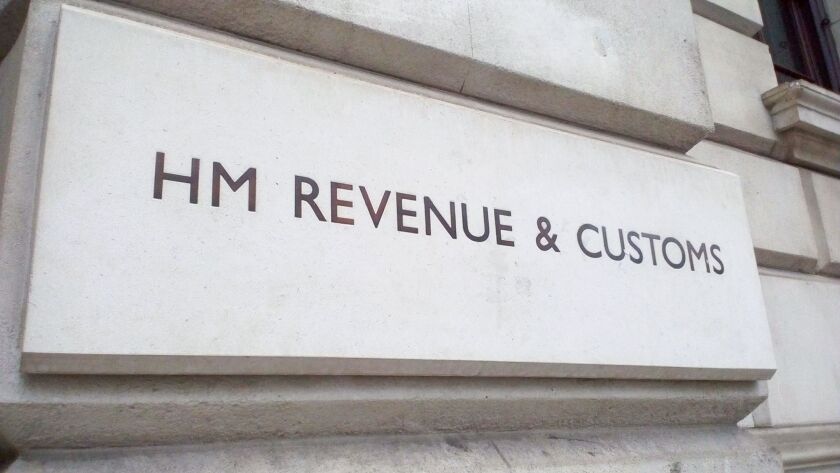HM Revenue and Customs published its annual report for 2022/23 on Monday, July 17, with the revelation of an estimated £1 billion ($1.2 billion) of erroneous and fraudulent claims under the research and development tax relief scheme.
The revenue service also revised its 2021/22 estimate of error and fraud from £338 million to £1.1 billion. At the same time, HMRC reported it has improved on tax compliance and enforcement, with an estimated tax gap of 4.8%.
Investigative think tank TaxWatch has claimed this means HMRC has underestimated the scale of R&D tax fraud in the past. Nevertheless, HMRC said it has raised £34 billion in additional revenue by tackling tax avoidance and evasion.
Colombia set to host Latin American tax summit
The Colombian government is preparing to host the Latin American tax summit next week in Cartagena on Thursday, July 27, and Friday, July 28.
Colombia may be preparing the ground for alternative proposals to the OECD’s international tax reforms. This conference is the first of its kind and could mean Latin American countries will make more demands on the OECD as it tries to finalise the two-pillar solution.
In September 2022, Colombia was the first Latin American country to announce its support for a UN tax convention. A bloc of African countries later tipped the UN General Assembly vote in favour of the proposal in November.
Germany’s tax revenue down in June
Germany’s tax revenue fell by 7.3% across the board in June compared to last year, the Ministry of Finance said yesterday, July 20.
The reduction was felt by both federal and regional state governments and represents a total of €86.39 billion ($96.71 billion).
The ministry said this was partly due to tax relief measures introduced to compensate for inflation.
Total revenue for the first half of 2023 was down 2% compared with last year, standing at €399.75 billion ($346 billion).
However, experts have forecast that Germany’s total tax revenue for 2023 will be 2.9% higher than in 2022, suggesting a substantial increase in the last six months of the year. This assumes a total revenue of €838.19 billion for 2023.
The ministry also said that the decrease in revenue could be partly explained by “a special effect that increased last year’s baseline for import VAT revenue”, which once accounted for would lower this June's reduction from 7.3% to just 3.5%.
Door opens for Biden to negotiate Taiwan tax deal
The US House of Representatives passed legislation on Wednesday, July 19, that will allow President Joe Biden’s administration to negotiate a tax agreement with Taiwan.
Top US lawmakers praised the legislation as a way to increase investment between the two nations as well as reduce the risk of Chinese aggression towards Taiwan, reported Reuters.
House Foreign Affairs Committee Chairman Michael McCaul said: “In addition to the advantages we will receive from more investment from Taiwan, this is another important step in safeguarding Taiwan and maintaining peace and stability in the Indo-Pacific.”
The lack of a tax agreement has meant that businesses operating between the US and Taiwan have sometimes been hit by double taxation.
China claims Taiwan as part of its own territory and has been increasing political pressure to enforce those claims.
India brings back windfall tax on crude oil
The Indian government reinstated the windfall tax on crude oil production at ₹1,600 per tonne ($19.49) on Saturday, July 15, reported the Economic Times based in Mumbai.
Domestic crude oil production was expected to surge when the windfall tax was effectively suspended in April. Indian energy companies including Oil and Natural Gas Corporation, Oil India and Cairn Oil & Gas all stood to gain from this policy change.
However, the Indian government has reversed this decision following the rise of crude oil prices since Russia and Saudi Arabia cut back production.
India imposed the windfall tax on energy companies in July 2022 when global energy prices were soaring. This included a ₹23,250 per tonne tax on domestic crude oil production, as well as export duties of ₹6 per litre on petrol and ₹13 per litre on diesel.
Next week in ITR
ITR will be following the latest developments in PwC Australia’s tax leaks scandal.
Elsewhere, we will continue to discuss the implications of the OECD’s pillar one and pillar two announcements.
Readers can expect these stories and plenty more next week. Don’t miss out on the key developments. Sign up for a free trial to ITR.











